Pakistan’s internet freedom score declines amid censorship, political control

Web Desk
|
15 Nov 2025
Pakistan has been ranked 27th out of 100 countries by a global democracy watchdog in its latest ‘Freedom on the Net’ report, placing it in the “Not Free” category for internet freedom.
The report, covering the period from June 1, 2023 to May 31, 2024, highlights major censorship and surveillance measures by Pakistani authorities. It notes efforts to restrict VPNs and changes to the country’s cyber crime law that could limit online freedom.
Compared regionally, Pakistan’s performance falls behind neighbouring countries. India, Sri Lanka and Bangladesh were rated “Partly Free” with internet freedom scores of 51, 53 and 45, respectively.
By contrast, countries such as China, Iran and Russia remain at the bottom of the rankings, with scores of 9, 13 and 17 respectively.
The deterioration in Pakistan’s digital environment has been steep. Between 2011 and 2015, the country’s ranking dropped down sharply, moving status from “Partly Free” to “Not Free”.
Reports say Pakistanis experienced frequent internet disruptions, including blocks of WhatsApp, Signal and other communication tools, particularly during politically sensitive periods.
Among the specific incidents noted: platform X was blocked in February 2024 ahead of general elections and remained inaccessible until May 2025. The report states that while VPN registration rules were announced late in 2024, enforcement was delayed after legal review.
Furthermore, the report highlights that while Pakistan holds regular elections under a competitive system, the military continues to exercise significant influence over policy, media and election processes, adversely affecting online freedom.
Globally, the survey found that internet freedom has declined for the 15th consecutive year, with 28 of the 72 countries surveyed showing further deterioration in their digital rights environments.
Pakistan has been ranked amongst those countries where digital space is increasingly subject to state control and surveillance, raising concerns over freedom of expression and user privacy.




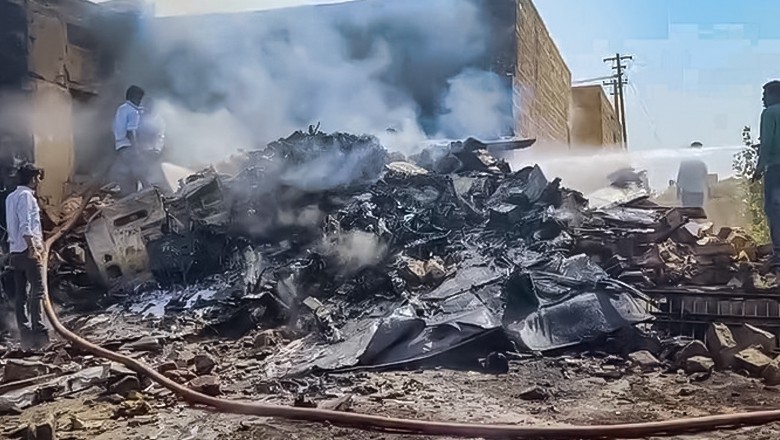

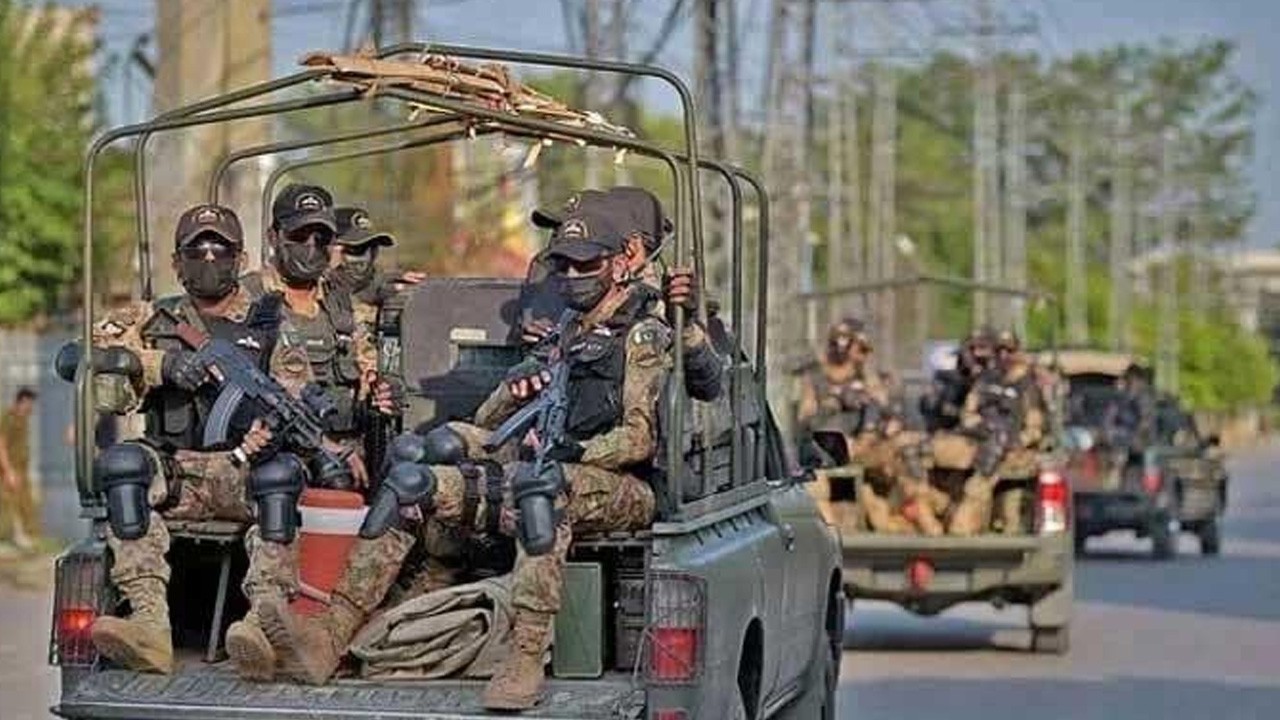
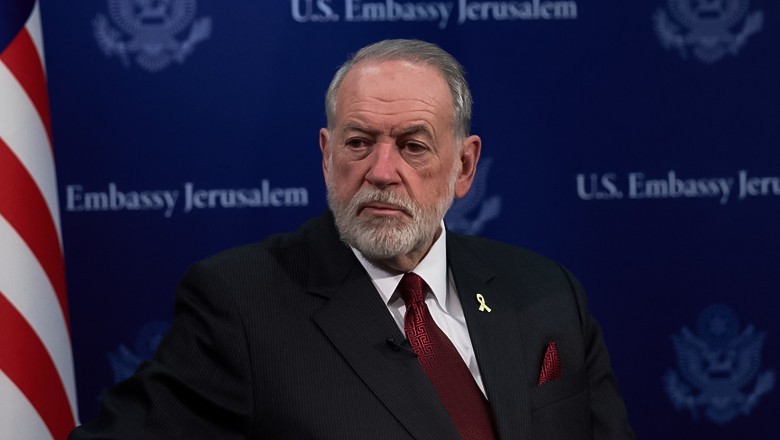

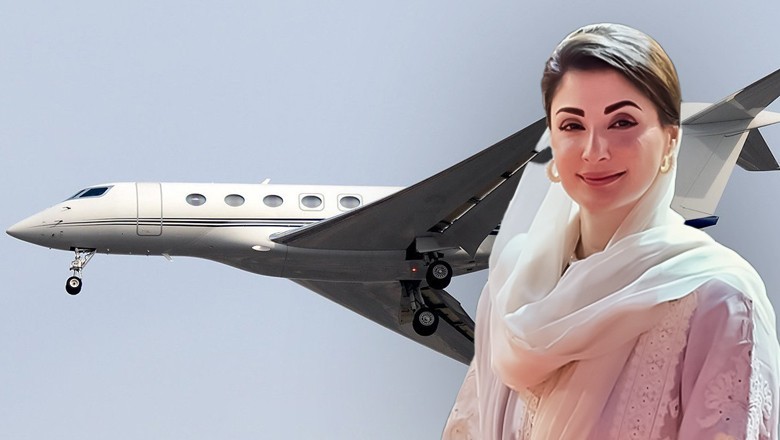

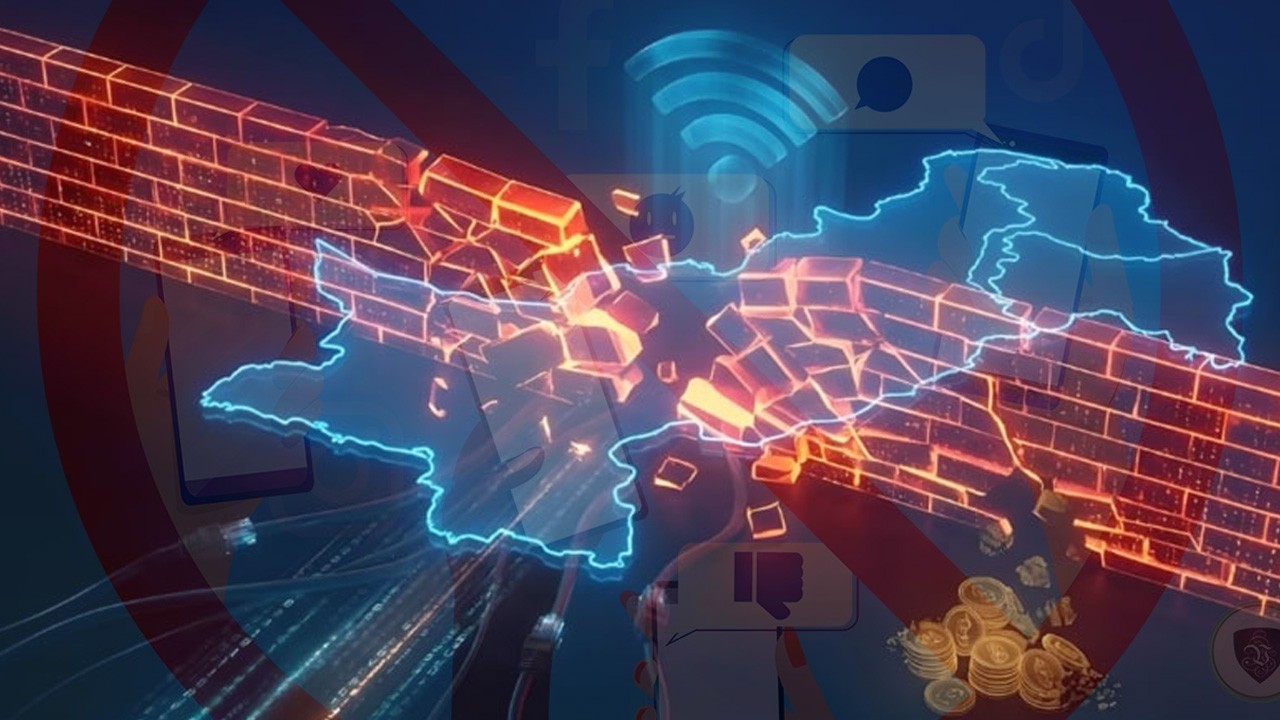
Comments
0 comment